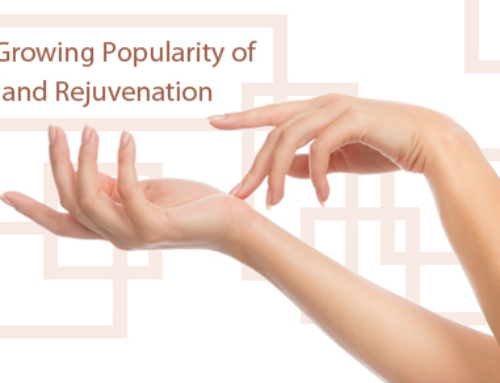Causes And Treatments of Hyperhidrosis

Hyperhidrosis is what doctors call excessive, uncontrollable sweating – the kind of excessive sweating that results in your hands nearly dripping with moisture. Though only a small percent of the population suffer from hyperhidrosis, it is very difficult to deal with due to many sufferers feeling extremely embarrassed by it.

Normally, we sweat due to factors such as it being too hot, our bodies exercising, feeling stressed, or feeling nervous and anxious. For those who do not have hyperhidrosis, when these external factors have abated, the sweating stops.
Unfortunately, those with hyperhidrosis can suffer from extremely embarrassing uncontrolled sweating even if they’re in a cool, air-condition environment or just sitting and being stationary.
So what actually causes hyperhidrosis? There are two sets of causes that will trigger the uncontrolled sweating in the small percentage of the population with hyperhidrosis. Those who suffer from primary hyperhidrosis will experience too much sweat in their face, feet, underarms and hands for no perceptible reason.
To understand this, remember that your sweat glands are either active or inactive; on or off. Those with primary hyperhidrosis will experience a particular kind of sweat gland, the eccrine sweat gland, becoming overactive. When the nerves in these sweat glands are activated, for example by experiencing anxiety or other reasons, then the gland is activated, and profuse sweating results.
The thing about primary hyperhidrosis is that doctors still aren’t sure of its exact cause, though they figure it can be hereditary and begin in childhood.
Thankfully, the symptoms can be dealt with through a range of treatments. These include medications, prescription antiperspirants, Botox injections in the underarms, and even an electrical treatment known as iontophoresis. For severe cases, surgery is an option.
The other kind of hyperhidrosis is called secondary hyperhidrosis.
Unlike the primary version, this kind occurs in one specific general area of your body. It’s also known to trigger sweating while you’re sleeping.
Unlike primary hyperhidrosis, the cause of secondary hyperhidrosis is known – it’s linked to specific medical conditions, such as diabetes, obesity, menopause, hyperthyroidism, pregnancy, gout, and even infections.
This is a good thing, as it means that the primary cause can be discovered, and treated. The sweating symptoms will be reduced significantly as a result.
If you’re worried about excessive, uncontrollable sweating, make sure to talk with the Centre for Dermatology to help get the condition properly diagnosed and treated.






